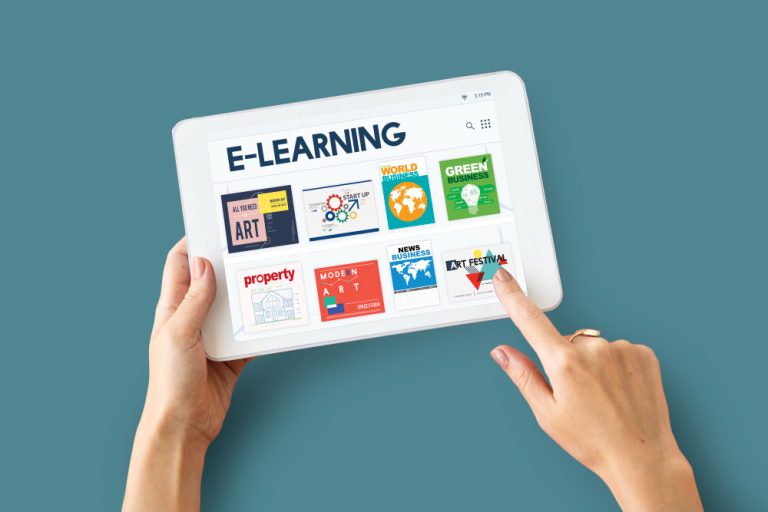
In today’s rapidly changing economic landscape, the necessity for an adaptable and skilled workforce is more apparent than ever before. At the forefront of this transformation are organizations like the National Skill Development Corporation (NSDC) and Axis My India. These two entities have embarked on a significant partnership aimed at revolutionizing e-learning and skill development across the nation. Their joint effort marks a pivotal evolution in India’s approach to bridging the skill gap while empowering individuals with the requisite tools to thrive in various industries. The collaboration between NSDC and Axis My India promises an impactful and far-reaching overhaul in the way skills are mapped, acquired, and deployed in the workforce.
The collaboration between NSDC and Axis My India leverages the strengths of both organizations. NSDC, known for its vast experience in coordinating skill training programs, brings to the table years of expertise and extensive networks in the governmental and educational sectors. With its strategic framework, the NSDC facilitates a robust public-private partnership model, enhancing accessibility to quality skill development initiatives across diverse regions in the country. On the other hand, Axis My India contributes with cutting-edge consumer intelligence and robust analytics capabilities, ensuring that the skill development programs are aligned with real-time market demands.
One of the primary objectives of this collaboration is to comprehensively understand the dynamics of skill demand and supply across India. Through the use of advanced data analytics and consumer insights, the partnership aims to map out the current skill gaps in the labor market. Once identified, these gaps can be effectively addressed by tailoring training programs to meet industry-specific needs, thereby increasing employability and productivity. The initiative not only aims to cater to current demands but also anticipates future trends, preparing the workforce for upcoming challenges and opportunities.
Incorporating technology in the form of e-learning solutions is a crucial element of this initiative. Technology-driven platforms allow for a more flexible and accessible learning environment, catering to a wide array of learners – from urban professionals seeking to upskill to rural youth entering the job market for the first time. The use of online modules, interactive sessions, and virtual classrooms ensures that individuals from all walks of life can benefit from high-quality education and training, regardless of geographical limitations.
Additionally, the partnership focuses on creating a sustainable and scalable framework for skill development. By implementing standardized processes and sharing best practices across various sectors, NSDC and Axis My India strive to create a model that can be replicated and expanded upon over time. This framework not only aids individual learners but also supports industries and governments in shaping their workforce strategies, thereby fostering economic growth and development on a national level.
Another significant aspect of this initiative is the emphasis on inclusivity and diversity. Programs are designed to be sensitive to the needs of various demographics, including women, differently-abled individuals, and economically weaker sections. By specifically targeting these groups, the initiative ensures that skill development is equitable and accessible, allowing every individual the opportunity to improve their socio-economic standing through education.
The partnership between NSDC and Axis My India serves as a beacon of hope and innovation for the future of skill development in India. By leveraging technology, data analytics, and inclusive strategies, this initiative promises to not only empower individuals but also to build a more resilient and skilled workforce that can contribute positively to the nation’s development. As the program progresses, its success will likely inspire other nations to adopt similar models, propelling global skill development to new heights.



